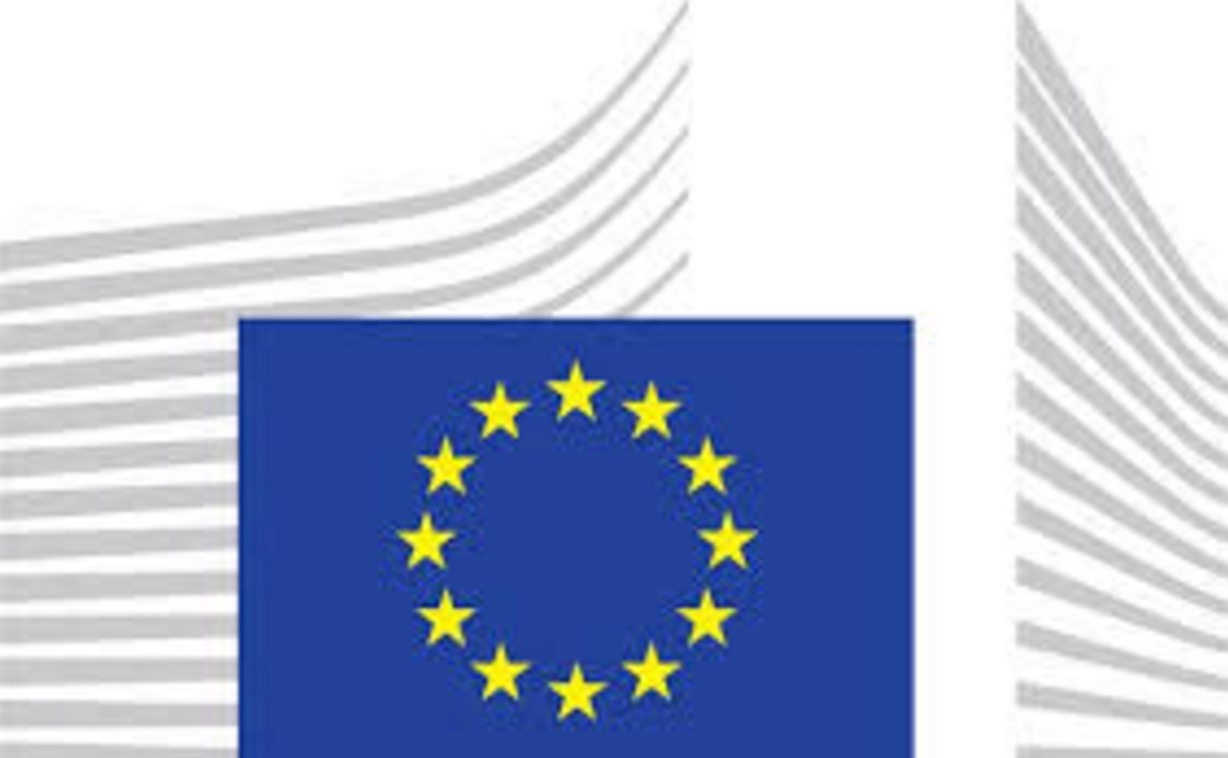Microsoft, Facebook, Twitter and Google submit to EU hate speech rules

The European Commission (EC) has agreed upon a code of conduct with Microsoft, Google, Twitter and Facebook which requires the companies to take a more active approach in tackling hate speech and terrorist propaganda online.

On Tuesday, the commission said the companies will be required to review the "majority" of valid notifications for the removal of hate speech in less than 24 hours, and to and remove or disable access to this content if required.
The tech giants have also pledged to "educate and raise awareness" of illegal hate speech and the types of content which are not permitted on their platforms, provide staff training to spot terrorist propaganda and hate speech, and both "identify and promote independent counter-narratives, new ideas and initiatives."
Each company is also being encouraged to work with other social media platforms to improve the identification of content which "promotes incitement to violence and hateful conduct."
As a result, we are likely to see user guidelines for Google's YouTube video streaming platform, Microsoft services, Twitter and Facebook updated shortly.
The EC says:
"The [companies] support the European Commission and EU Member States in the effort to respond to the challenge of ensuring that online platforms do not offer opportunities for illegal online hate speech to spread virally.
They share, together with other platforms and social media companies, a collective responsibility and pride in promoting and facilitating freedom of expression throughout the online world."
All of the companies in question are already attempting to tackle hateful conduct, but with billions of users between them, it is no easy task.
However, the new code of conduct is the first step in unifying social media platform responses to terrorism and hate speech online.
The crackdown may not cause much of a dent in the spread of propaganda -- as in the case of IS, one account is deleted, another is opened -- and the whole point of these platforms is to share links and content.
Once something is submitted and spreads online, it can be very difficult to eradicate -- and 24 hours is a long time in the world of social media. However, this doesn't mean companies and governments cannot try to limit the damage such content can cause.
"The recent terror attacks have reminded us of the urgent need to address illegal online hate speech. Social media is unfortunately one of the tools that terrorist groups use to radicalise young people and racist use to spread violence and hatred," Vera Jourova, EU Commissioner for Justice for Consumers and Gender Equality said.
"This agreement is an important step forward to ensure that the internet remains a place of free and democratic expression, where European values and laws are respected."